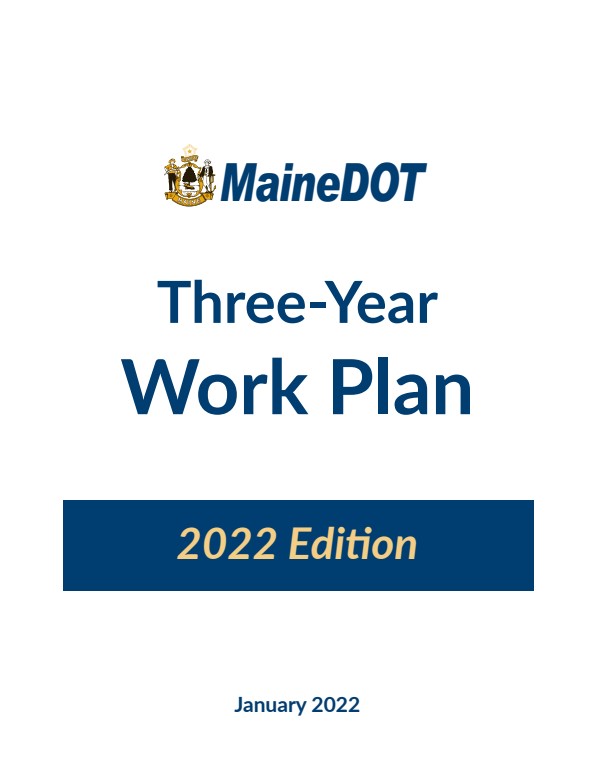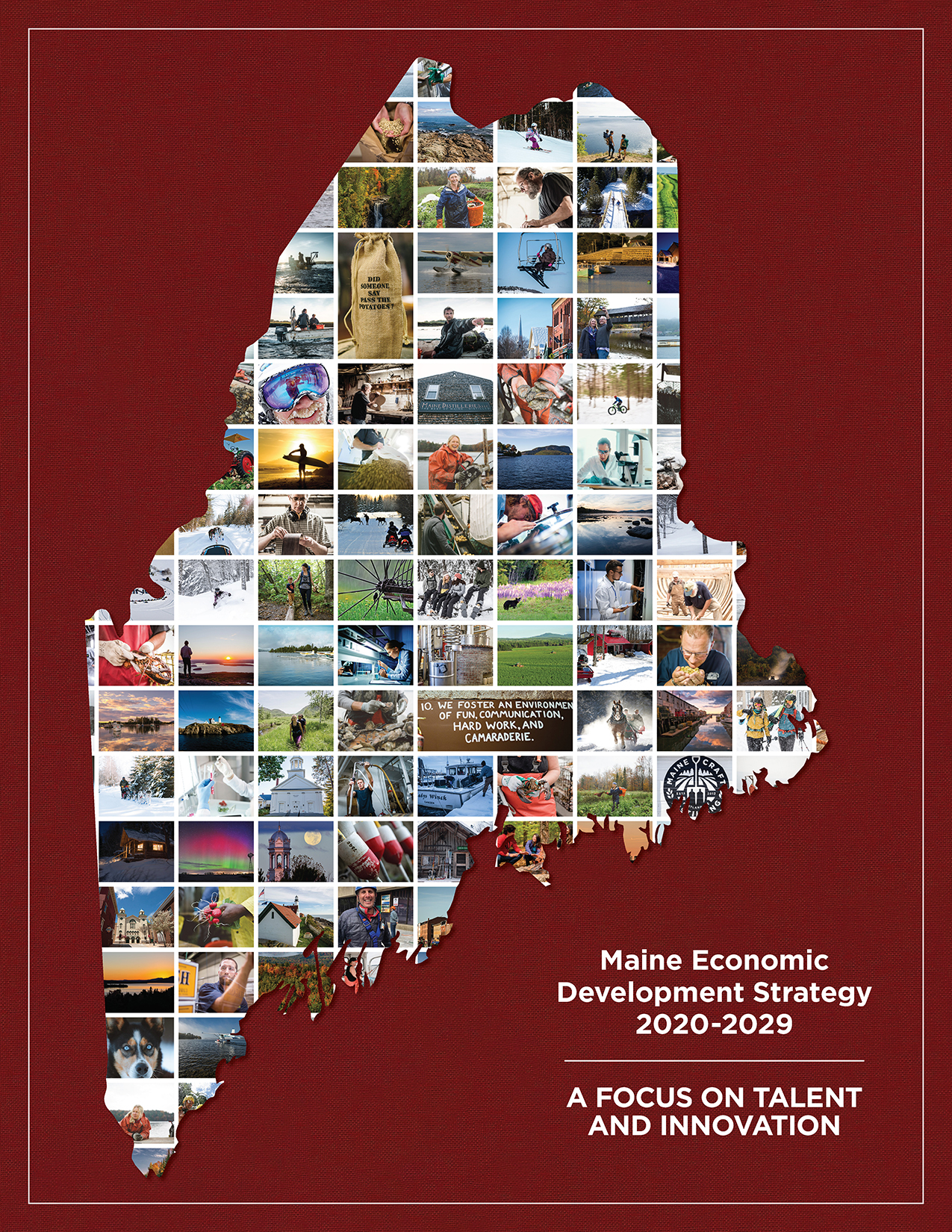On November 15, 2021, President Biden signed the Infrastructure Investment and Jobs Act (IIJA), which has subsequently been referred to as the Bipartisan Infrastructure Law (BIL). All members of Maine’s bipartisan Congressional delegation supported the legislation and touted the benefits of BIL’s significant investments in long-standing infrastructure challenges for Maine’s communities and economy.
The White House described the legislation as “a once-in-a-generation investment in our nation’s infrastructure and competitiveness…this Bipartisan Infrastructure Law will rebuild America’s roads, bridges and rails, expand access to clean drinking water, ensure every American has access to high-speed internet, tackle the climate crisis, advance environmental justice, and invest in communities that have too often been left behind.”
BIL will invest $1.2 trillion in infrastructure across the nation over the next 10 years. Of this funding, $550 billion is new spending within the next five years, with the remaining $650 billion reauthorizing various federal programs such as the Fixing America‘s Surface Transportation (FAST) Act. There are 375 funding opportunities in BIL legislation for investments in roads and bridges, broadband, public transportation, climate resilience, clean energy, pollution clean-up and clean drinking water.
The $550 billion in new BIL investments are organized as follows:
- Transportation: $284 billion
- Water: $55 billion
- Broadband: $65 billion
- Energy: $73 billion
- Environmental Remediation: $21 billion
- Western Water Infrastructure: $8.3 billion
- Resiliency: $46 billion
While many of the 375 programs outlined in the BIL legislation have yet to take their final form at the federal level, it is estimated that Maine will receive close to $2.5 billion in formula funding alone and will have opportunities to compete for extensive additional grants. The Mills Administration is committed to ensuring Maine people and communities receive the greatest possible benefit from the nearly 400 initiatives included in the Bipartisan Infrastructure Law.
Strategic Alignment
A priority for BIL is to pursue funding opportunities for the state that align with the goals set forth in Maine’s four-year Climate Action Plan Maine Won’t Wait, the Maine Economic Development Strategy 2020-2029, and MaineDOT’s Workplan.
Maine's Climate Action Plan

Maine Won't Wait, the state's ambitious four-year plan for climate action, is the product of an unprecedented public process, led by the Maine Climate Council, to produce bold, actionable strategies for addressing one of Maine’s most pressing long-term problems.
MaineDOT's
Workplan

The MaineDOT Work Plan outlines the work that the department plans to perform over the next three years.
Maine's 10-Year Economic Strategy

The Strategic Plan is a 10-year economic development strategy released in 2019 to harness Maine’s natural strengths and address its future challenges.
BIL Implementation and Coordination
Governor's Infrastructure Implementation Committee
Governor Mills signed an executive order on April 25, 2022, to mobilize a cross-agency effort to coordinate BIL implementation among the State, cities, towns, tribal governments, and other entities in Maine. Staff from the Governor’s Office and the Governor’s Office of Policy Innovation and the Future (GOPIF) are now working to support State agencies to pursue opportunities through a new Infrastructure Implementation Committee and the Resilience Working Group.
Members of the Committee includes leadership and staff from the Departments of Transportation, Environmental Protection, Economic and Community Development, Health and Human Services, Administration and Financial Services; the Maine Connectivity Authority and the Governor’s Energy Office. The Resilience Working Group also includes State natural resource agencies and Maine Emergency Management Agency.
Collaboration with Municipal & Tribal Governments
Many funding opportunities in BIL are available to local governments, tribes, nonprofits, and other entities. To ensure Maine’s communities are able to access these opportunities, the state is working to develop communication channels and offering a variety of technical assistance programs across program areas to support competitive municipal, regional and tribal applications.
For climate resilience and energy opportunities, the state encourages communities to leverage BIL opportunities and planning through the Community Resilience Partnership, which assists communities in plans to reduce carbon emissions, transition to clean energy, and become more resilient to climate change effects. The state is contracting with four regional organizations thorough the Partnership to help communities identify and apply for additional funding for major climate resilience and energy projects, including BIL grant opportunities.